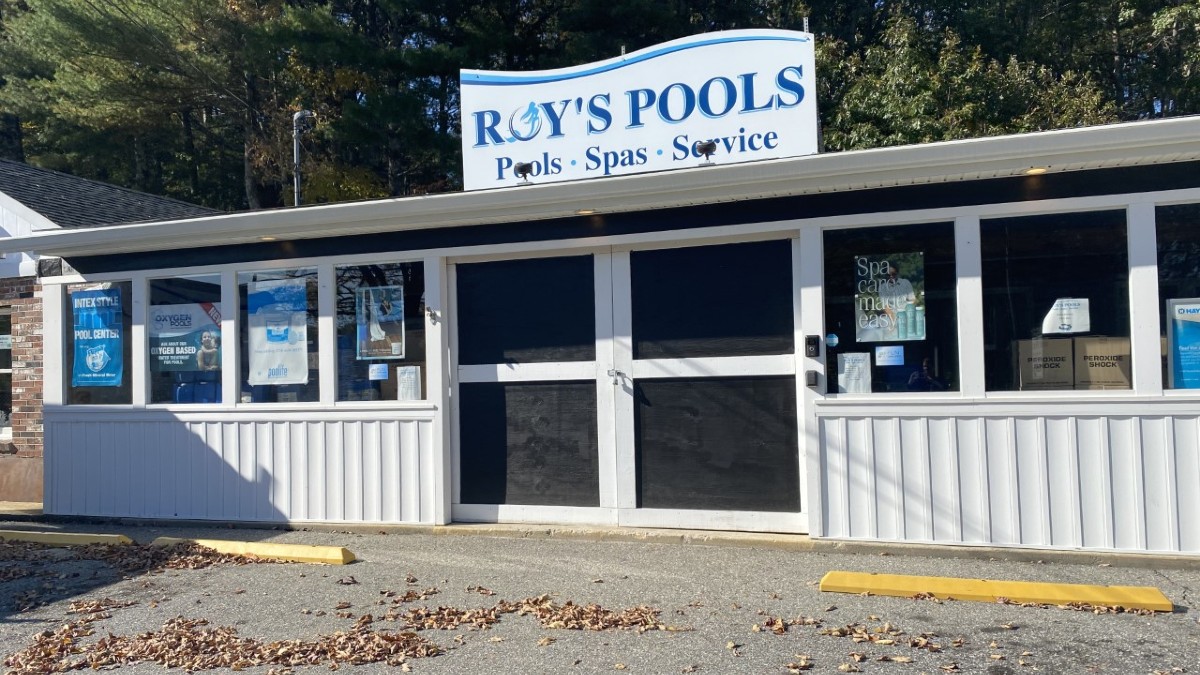The Connecticut Property Transfer Act was adopted in 1985 to encourage clean-up of environmentally challenged properties, but both environmentalists and economic development officials say it’s not working. The legislature is looking to make changes to the law this week.
“Connecticut is one of only a few states, just two states in the country that still has this approach to environmentally contaminated properties that really holds back investment,” Hartford Mayor Luke Bronin said.
There are 4,200 sites that fall under the Transfer Act. Outside the old Whitney manufacturing plant, Bronin explained why legislation is necessary.
“It places a huge burden and a huge amount of cost and uncertainty on anybody who might be willing to tackle a property like this, to clean it up, to get it back on the tax rolls and back in action,” Bronin said.
There are currently $208,865 worth of back taxes owed to the city and it will cost about $5 million to clean the property up, but that’s only the known contamination and that’s only one site, in one city.
The current law requires a business to certify that they will take responsibility for any environmental contamination before the entity or property is sold.
Unlike brownfields, where generations of industrial waste have been dumped, Transfer Act properties have histories of lower-level pollution.
Local
“To get rid of that obsolete Transfer Act and replace it with this release based system most other states use is exactly the right way to get a property like this which right now is obviously blighted and weighing down the neighborhood back in action and attractive to investors again,” Bronin said.
Sales of Transfer Act sites can be held up over as little as a few dozen gallons of pesticide, one-time disposal of waste paint or ink, or contamination from dry cleaning chemicals.
“The only way we’re going to get really challenging buildings back in action and back on the tax rolls and productive buildings again is to take away some of that enormous uncertainty and cost that the existing law places on anybody who would by a building like this,” Bronin said.
There are similar sites in cities across Connecticut, including in Waterbury.
“The Transfer Act has been incredibly ineffective going back 35 years and we can’t afford to be ineffective, we can’t afford to have over 4,000 brownfields in the transfer process and only 1,000 of them got cleaned up,” Gov. Ned Lamont said.
The legislation will require the state to write regulations that require owners of properties to clean up the spills and releases they know about.
“By reforming the Transfer Act we’re going to be in a much better position to make sure that this is a major manufacturing hub yet again,” Lamont said.



